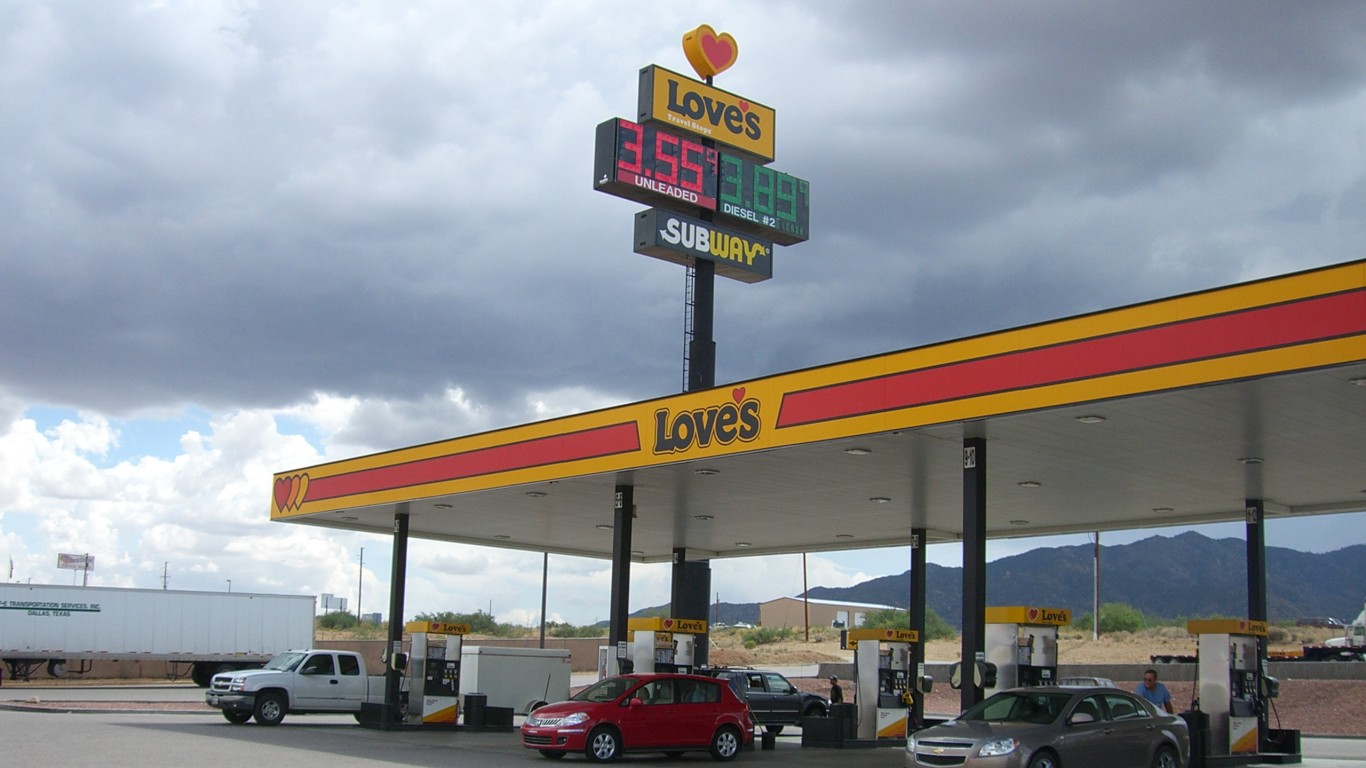On Tuesday this week, Senator Ed Markey (D-MA) sent a letter to Michael Froman, the U.S. Trade Representative (USTR), urging Froman to resist any attempt to weaken or overturn the existing U.S. law banning the export of domestically produced crude oil. The American Petroleum Institute (API), big oil companies, and the World Trade Organization (WTO) are getting into the act as well, urging a change to the law for alleged violations of WTO rules. Source: Thinkstock
Source: Thinkstock
This is no small potatoes deal. In mid-November Ryan Lance,the CEO of ConocoPhillips (NYSE: COP), told a Houston audience that increased production from shale oil plays have highlighted refining and pipeline limitations that have discouraged production by lowering crude prices. Lance also pointed out that U.S. refineries have been retooled to process heavy, sour crudes from Canada (oil sands) and South America (Venezuela) and are not well-equipped to process the light, sweet crude coming from North Dakota’s Bakken shale or the Permian Basin and Eagle Ford shale of Texas. He also argues that it will be cheaper for U.S. consumers for oil companies to export U.S. crude to foreign refineries already set up for the lighter, sweeter crudes and then to import the refined products.
Senator Markeytakes issue with Lance and with a reported effort by the API to obtain a legal analysis of WTO rules that might allow a foreign nation to file suit against the U.S. export ban through the WTO. Markey cites a House of Representatives report from December 1975, when the ban was passed, which states:
[F]or the long run, the [ban] will decrease dependence upon foreign imports, enhance national security, achieve the efficient utilization of scarce resources, and guarantee the availability of domestic energy supplies at prices consumers can afford.
Markey also claims that the U.S. ban is “wholly consistent” with WTO rules, pointing to Article XX of the treaty:
[N]othing in this Agreement shall be construed to prevent the adoption or enforcement by any contracting party of measures … relating to the conservation of exhaustible natural resources if such measures are made effective in conjunction with restrictions on domestic production or consumption.
Just guessing, here, but the API is likely to argue that production and consumption restrictions were not effected at the time the 1975 law was enacted. The API itself probably does not have the standing to bring a case before the WTO, but it should be able to find a willing stalking horse to do so. There is, for example, plenty of idle refining capacity in Europe that never made the transition to process heavy, sour crude and would welcome a new source of light, sweet crude.
Independent producers like Continental Resources Inc. (NYSE: CLR) are harder hit than the major integrated companies like Conoco, Exxon Mobil Corp. (NYSE: XOM), or Chevron Corp. (NYSE: CVX) which are still able to sell refined products to foreign buyers. But that advantage is shrinking as independent refiners like Valero Energy Corp. (NYSE: VLO), Marathon Petroleum Corp. (NYSE: MPC), and Phillips 66 (NYSE: PSX) are driving hard bargains on pricing for domestic crude.
U.S. consumers currently enjoy prices below $3 a gallon in many states, despite a recent uptick in crude prices. Those price increases are not expected to last and domestic crude could easily fall as below $90 a barrel, yielding even better prices for consumers. Regardless of what Lance and the other big oil interests say, the big payoff for once more allowing U.S. oil to be exported will go to oil companies, not consumers.
Sponsored: Want to Retire Early? Here’s a Great First Step
Want retirement to come a few years earlier than you’d planned? Or are you ready to retire now, but want an extra set of eyes on your finances?
Now you can speak with up to 3 financial experts in your area for FREE. By simply clicking here you can begin to match with financial professionals who can help you build your plan to retire early. And the best part? The first conversation with them is free.
Click here to match with up to 3 financial pros who would be excited to help you make financial decisions.
Thank you for reading! Have some feedback for us?
Contact the 24/7 Wall St. editorial team.


